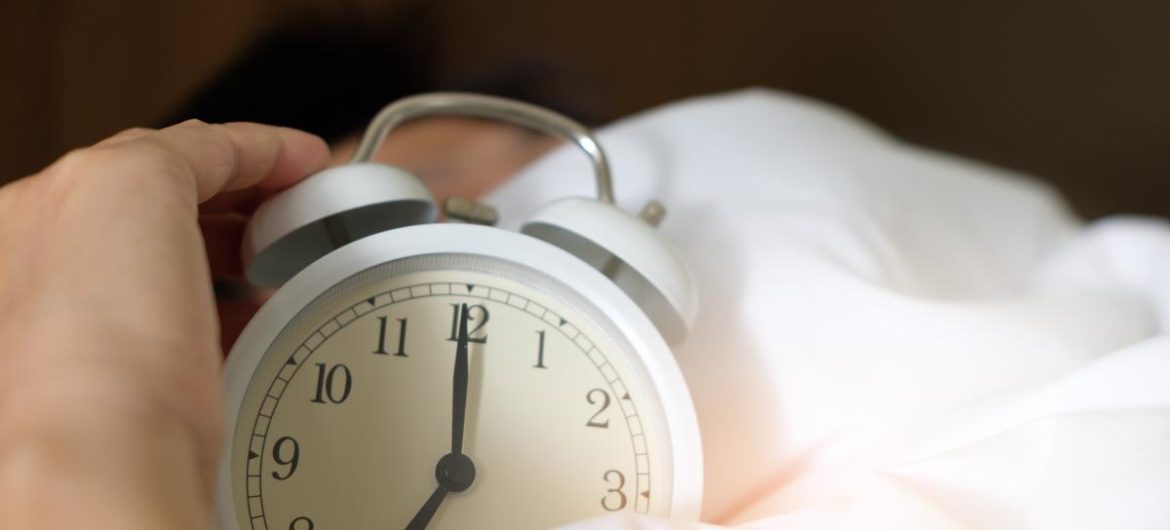As the coronavirus pandemic continues and more people around the world are forced into isolation away from family members, it’s becoming more difficult to manage stress levels and get a decent night sleep.
Consultant psychiatrist and professor of Psychological Medicine from the University of Sydney, Nick Glozier, offered his advice and said in order to sleep well, you first must understand your body clock.
‘For most of us, how we sleep is driven by our body clock – and so you need to understand how your body clock works first before trying anything else,’ Nick told Daily Mail.
He also said there’s ‘no point’ stressing and worrying about things out of your control – including COVID-19.
Understand your body clock first
Nick explained how a lot of people ‘don’t understand’ the science behind your individual body clock and the significance of waking up and going to bed at the same time each day – on both weekdays and weekends.
‘Setting and sticking to a timely bedtime and morning wake-up routine is important, which can be difficult for those who work casual hours or shift workers,’ he said.
‘If you oversleep, you shouldn’t exceed more than half an hour to 45 minutes of your regular scheduled bed routine, as this can disrupt your sleeping pattern’.
If you’re finding yourself napping each day for long periods, this is a clear sign of a disrupted body clock.
Get seven hours of sleep per night
Nick outlined the ‘magic number’ of sleeping hours an adult should get per night isn’t eight, but rather seven or seven and a half – no more or less.
This correlates to the body’s sleep pressure system, in which the brain builds up neurotransmitters over the course of the day and eventually requires sleep – ideally at the same time each night, which relates back to the body clock.
‘Improving your sleep isn’t centred around thinking “I only got six hours of sleep last night, so I’m going to bed two hours earlier tonight to compensate for that”,’ he said.
‘If you go to bed earlier than usual, your brain will most likely force you to stay awake because it hasn’t built up enough neurotransmitters yet – making it more difficult to fall asleep and is a guaranteed route to insomnia’.
Manage your screen time and avoid late night chats with others
While limiting electronic screen time before bed is important, it’s essential to take note of what’s on the screen rather than the physical time spent using the device.
‘It’s vital to cut down on constantly checking news updates, talking to friends on video chats or anything that stimulates the brain, as this will keep you awake at night,’ Nick said.
And even though chatting to friends and family can help lower stress levels, it doesn’t assist with improving sleeping patterns.
Anything that reduces your brain’s stimulation is worth doing
Meditating, taking a bath, doing breathing exercises, doing yoga or practicing mindfulness are all excellent ways to reduce stress levels and get a better nights rest.

Nick said these tactics slow the body’s respiratory rate, reducing blood levels and decreases the sympathetic nervous system, which leads to a controlled heart rate and allows the body to relax.
‘Discover which technique works best for you, because they essentially all do the same thing,’ he said.
-Daily Mail




